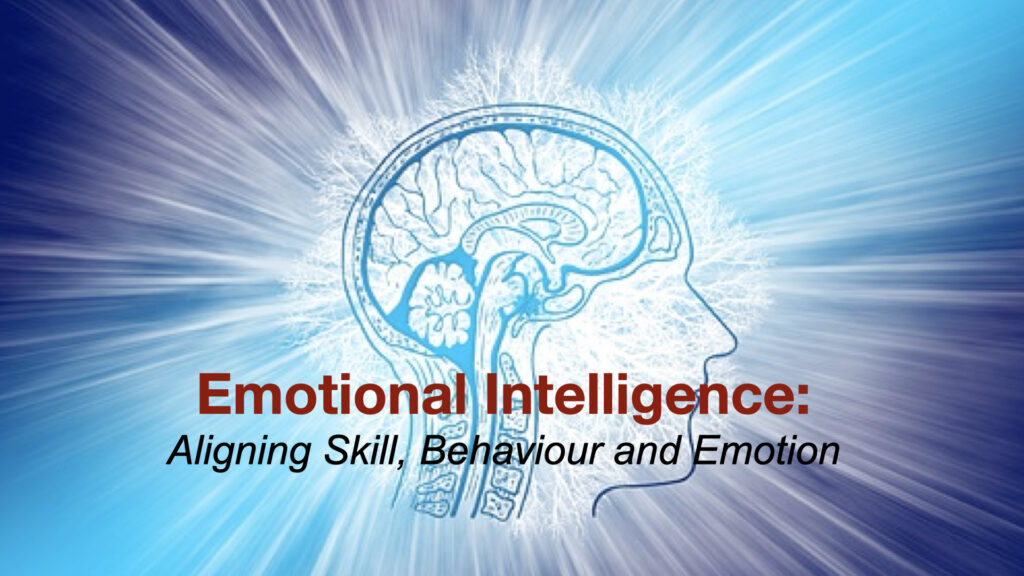Performance management is a process that enables leaders to monitor and evaluate employees’ work, through a process of consistent communication, fostering an environment where individuals can maximize their abilities to align with the organization’s overarching objectives.
This customizable program/intervention can be applied to all industries and is packed with evidence-Based practices designed to create alignment between the defined organizational behaviours, emotional intelligence and performance!!
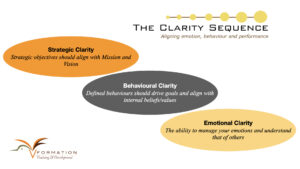
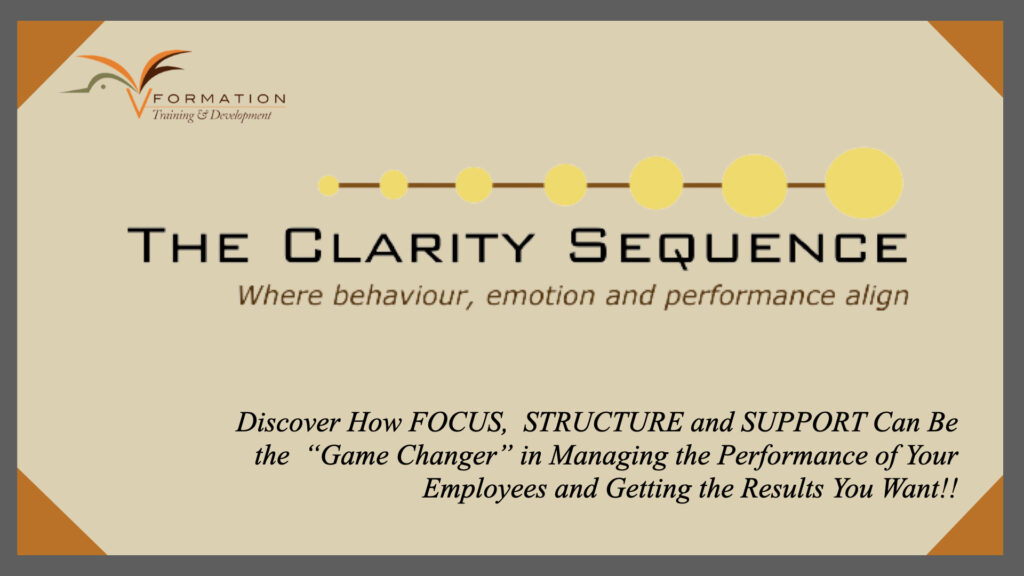
The idea is to create clarity at every step within the Performance management process and must be explicitly aligned with strategic goals.
Lack of clarity can create resistance, affect levels of motivation, decrease accountability and affect overall performance
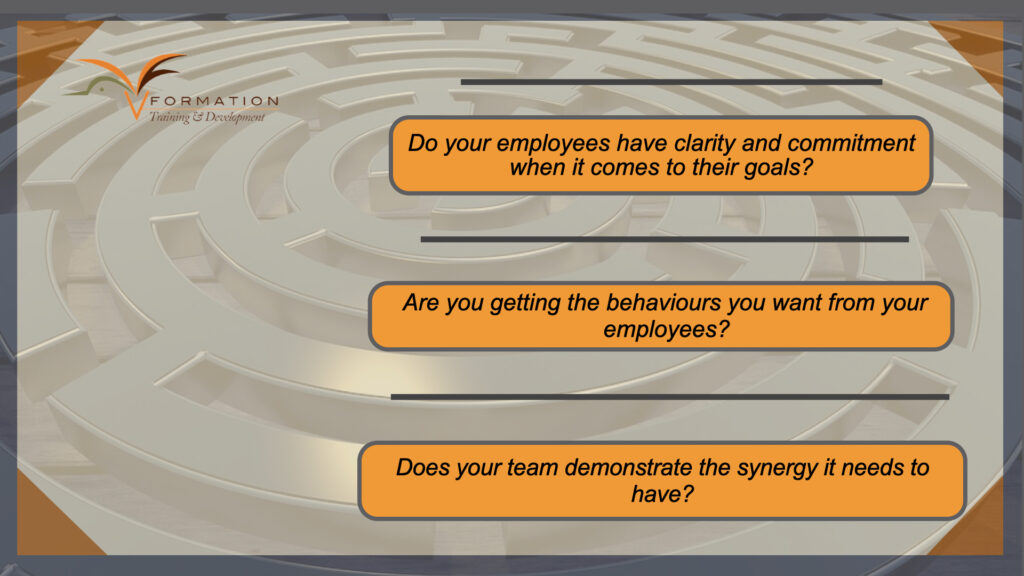

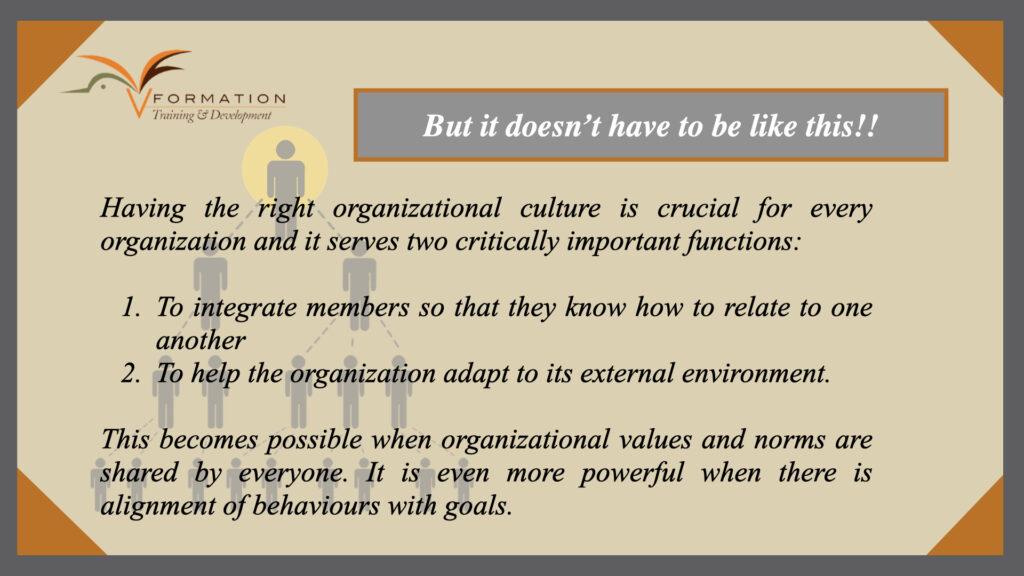
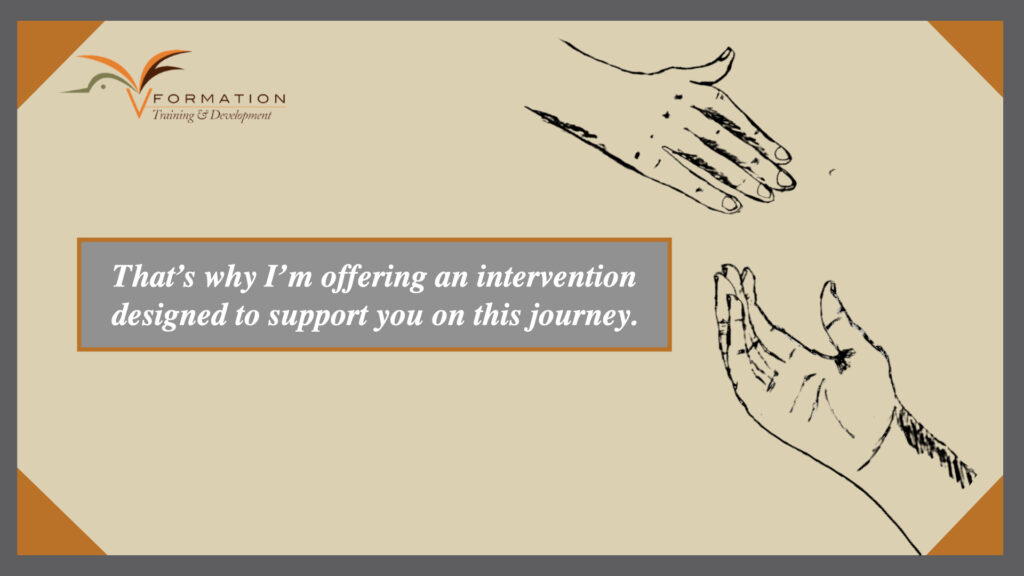
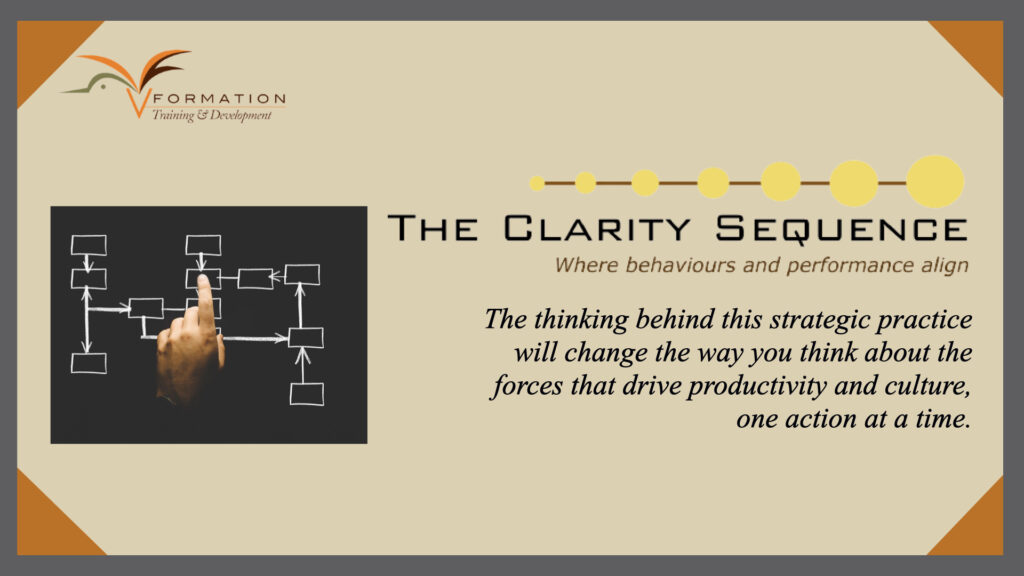


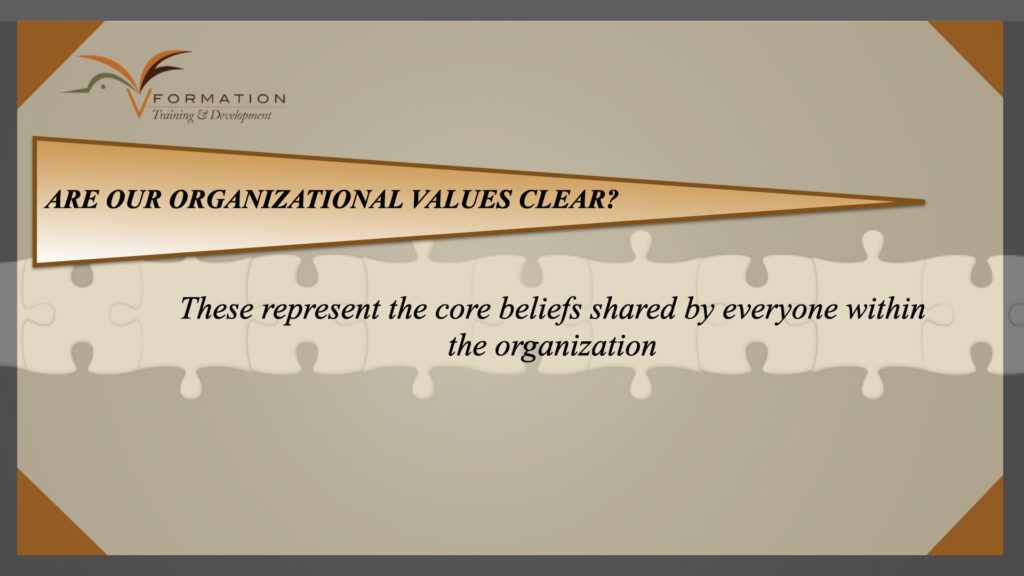
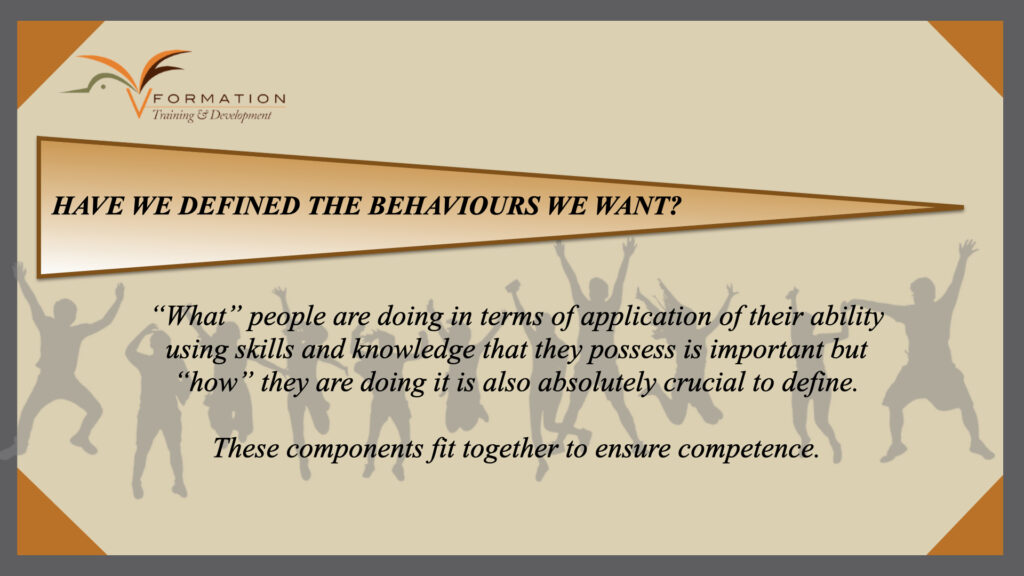
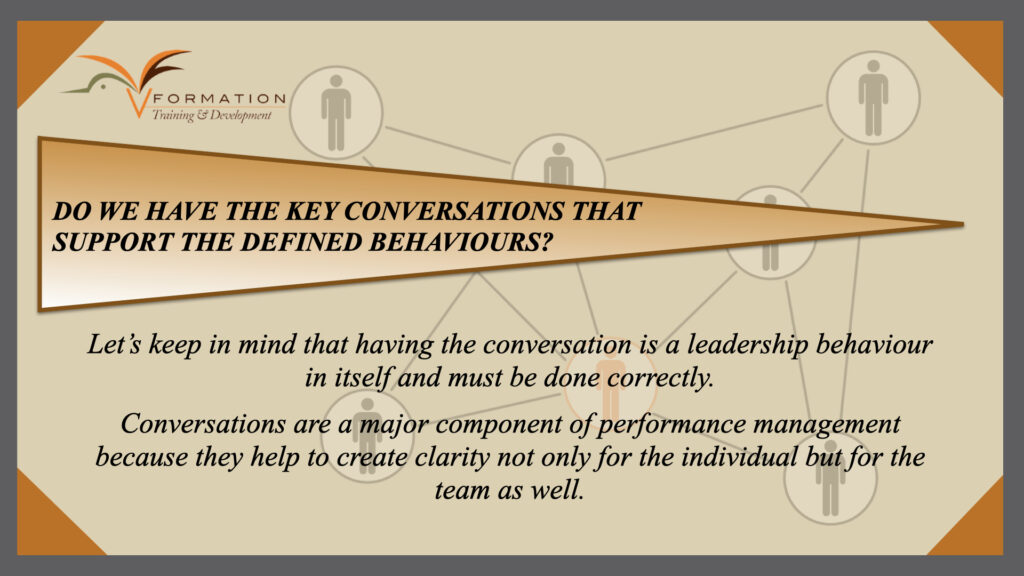
How does it work?
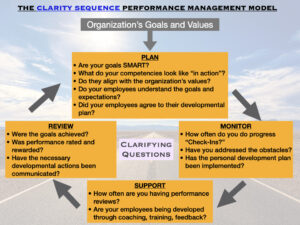
This model proposes that human performance is the result of a system that comprises an interconnected network of elements that work together to produce repeatable outcomes. The system incorporates organizational factors, processes, job-site conditions, leadership, individual behavior, and results.
LEADERSHIP PROGRAMS
A leader’s goal is to develop, guide and inspire their direct reports. This can, at times, be a daunting task depending on the behaviors and attitudes around them as well as the environment in which they currently operate.
What should the future of work look like?
How have employees experienced work during the pandemic?
And Are managers confident in their ability to manage their teams as they move forward?
Emotional intelligence (EI) is a measurement of a person’s ability to monitor his or her emotions, to cope with pressures and demands, and to control his or her thoughts and actions
OTHER SERVICES

What is mentoring
Mentoring is a developmental partnership where a more experienced or knowledgeable person (the mentor) provides guidance, support, and advice to a less experienced or knowledgeable person (the mentee). This relationship aims to foster the mentee’s personal and professional growth, helping them navigate their career path, develop skills, and achieve their goals.
Companies with mentoring programs had profits that were 18% better than average, (Forbes- https://www.forbes.com/sites/forbescommunicationscouncil/2022/05/19/does-mentoring-still-matter-for-fortune-500-companies/?sh=7d7759e15d8c)
while those without mentoring programs had profits that were 45% worse than the average. (https://donaldhtaylor.co.uk/insight/gss2022-results-01-general/)
Mentoring is valuable for several reasons:
1. Personal and Professional Growth
- Guidance: Mentors provide valuable advice and insights based on their experience, helping mentees navigate their career paths and personal development.
- Skill Development: Mentoring helps mentees develop new skills and improve existing ones through targeted advice and feedback.
2. Confidence and Motivation
- Support: Having a mentor provides emotional support and encouragement, boosting the mentee’s confidence.
- Inspiration: Mentors can serve as role models, inspiring mentees to achieve their goals and reach their full potential.
3. Knowledge Transfer
- Experience Sharing: Mentors share their experiences and lessons learned, helping mentees avoid common pitfalls and make informed decisions.
- Cultural Insight: Mentors can provide insight into organizational culture and industry trends, aiding the mentee’s understanding and adaptation.
4. Enhanced Performance
- Accountability: Mentors hold mentees accountable for their goals, encouraging consistent progress and development.
- Feedback: Constructive feedback from mentors helps mentees improve their performance and address areas for growth.
5. Career Advancement
- Career Guidance: Mentors can offer advice on career advancement strategies, helping mentees navigate promotions and job changes.
- Skill Alignment: Mentoring helps mentees align their skills and goals with career opportunities, enhancing their career trajectory.
6. Mutual Benefit
- Learning for Mentors: Mentors also gain new perspectives and ideas from their mentees, fostering mutual learning.
- Fulfillment: Mentoring provides mentors with a sense of fulfillment and the satisfaction of contributing to someone else’s growth.
Conclusion
Mentoring is a powerful tool for personal and professional development. It fosters growth, builds confidence, enhances performance, and creates valuable connections, benefiting both mentees and mentors in meaningful ways.




